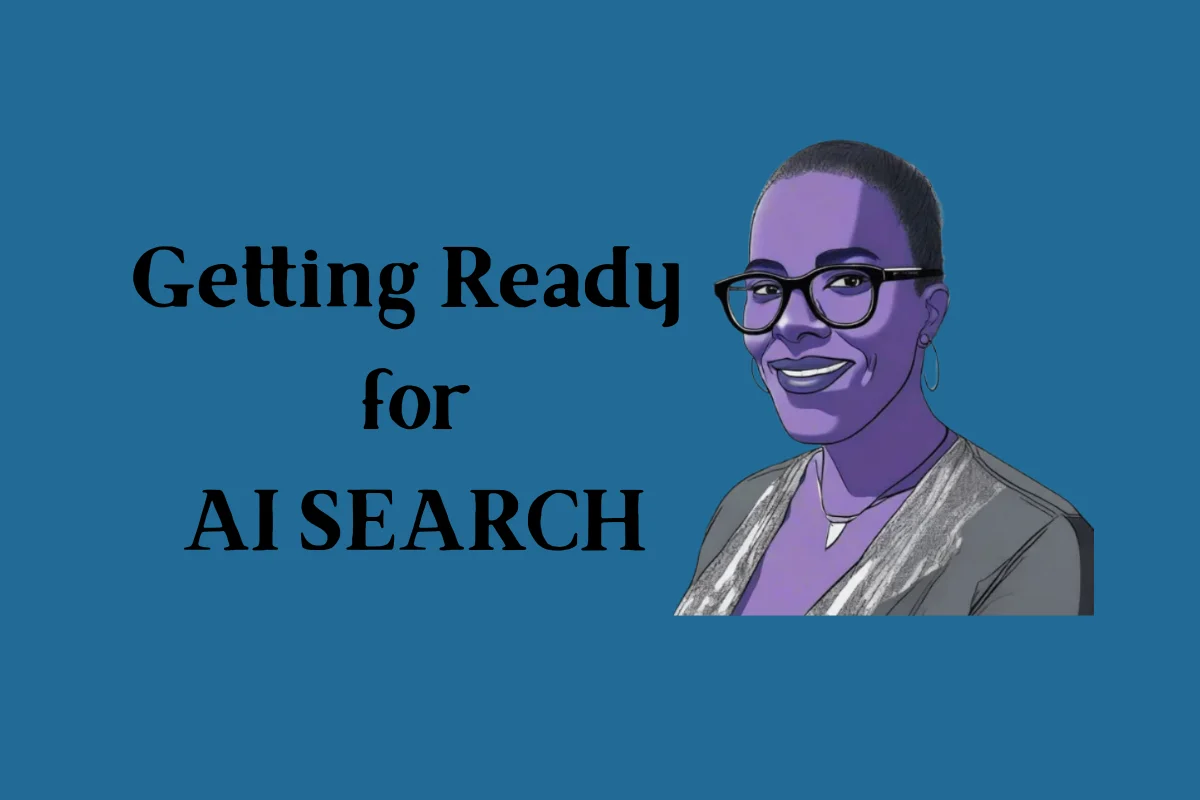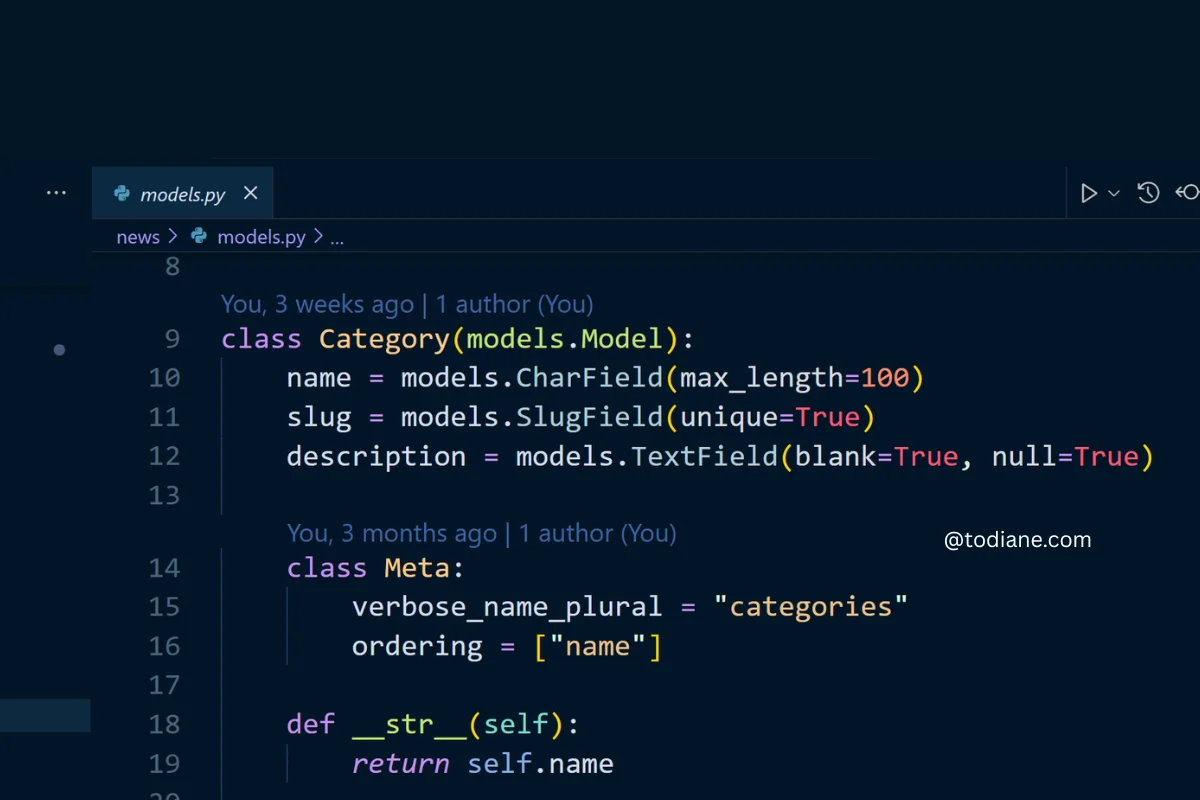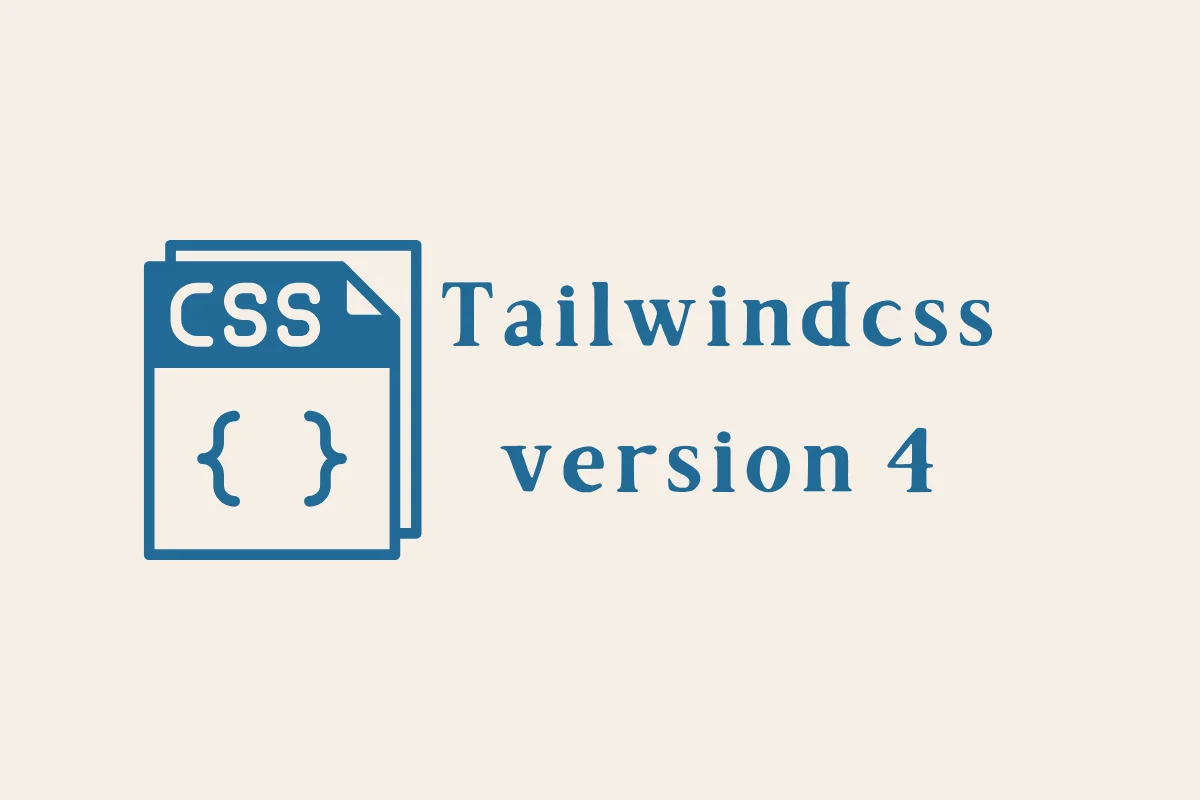Over the last few months, I keep hearing about AI Search Readiness that sound half panicked, half excited so I decided to find out what it actually means. Turns out it is the next stage of how search engines understand and display information. I also dug into how it differs from traditional SEO, and why it matters for anyone who creates content online. Right now I am preparing my own sites to make them more visible to AI-driven search tools like Google SGE, Bing Copilot, and Perplexity.
Discovering a New Kind of Search
AI search readiness wasn’t on my radar a year ago. I was too busy building - learning Django, deploying projects, and focusing on getting the backend logic right. But then I started noticing something strange: when I searched for technical questions, I wasn’t always landing on blog posts or Stack Overflow pages anymore. Instead, AI-generated summaries were appearing at the top of Google results, with short, structured answers pulled from multiple sites.
This was a shift in the way search is being handled. AI tools are synthesising information and if you want to take advantage of visitors finding you via AI you need to get AI search ready.
AI search readiness is the practice of making your content machine-understandable, not just search-engine-optimised.
From Keywords to Context
Traditional SEO was built on keywords, backlinks, and structure. You wrote for humans and optimised for algorithms. But AI search isn’t scanning your meta descriptions; it’s reading your content like a person would, then rephrasing it in its own words.
That means:
- AI models rely heavily on structured data and semantic cues
- They need clear answers, logical grouping, and factual consistency
- And they are far more likely to favour content that teaches, defines, or demonstrates something clearly
If classic SEO was about being found, AI search readiness is about being understood.
And that will be a mindset shift for many of us.
Understanding AI Search (in Plain English)
When people say “AI search,” they are referring to search experiences powered by large language models - systems that can understand, summarise, and respond in natural language.
Examples include:
- Google SGE (Search Generative Experience) - AI-generated answers inside Google results
- Microsoft Bing Copilot - integrates GPT models directly into search
- Perplexity AI - an AI-first search engine combining citations and natural responses
- ChatGPT’s browsing - where users “search” by asking conversationally
Instead of showing ten blue links, these tools read and summarise your content. But here’s the challenge: if your site lacks structure, schema, or topical clarity, it might be invisible to the AI’s “understanding layer.”
That’s what AI search readiness aims to fix.
How I Started Testing It
Because I’m a Django developer, my instinct was to start from the backend. I added schema markup to my templates - JSON-LD for blog posts, portfolios, and products. I kept it modular, so every project type had its own schema file.
Then I ran tests using Google’s Rich Results and Schema.org Validator.
What surprised me was how much cleaner the site became overall. Even though the schema was invisible to readers, it forced me to clarify what each page was. That clarity made the front end stronger too - not just for AI, but for people.
Over time, I began building what I now call “search-ready architecture”:
- Structured content (schema, meta, OpenGraph)
- Logical clusters and categories
- Clear, FAQ-style question–answer content
From everything I had read and understood, that combination is what AI thrives on.
AI Search Readiness Is Not Just SEO
It’s tempting to think of AI search readiness as advanced SEO, but it’s broader than that. SEO focuses on ranking. AI readiness focuses on representation.
You want AI models to:
- Understand what your site is about
- Identify the type of content (blog, portfolio, shop, etc.)
- Accurately quote or summarise your content in answers
- That requires metadata, context, and a well-organised structure.
For example, I found that using a consistent heading hierarchy (H1 → H2 → H3) helped models extract answers more accurately. Adding FAQ sections to each post increased visibility in AI-generated responses.
In short: AI search readiness makes your site easier to summarise.
Why Django Developers Should Care
Django sites are naturally structured - with models, templates, and view logic that make data predictable. That gives developers an advantage.
Here’s why it matters:
- You can add schema dynamically using context data
- You can control page metadata at model level
- You can standardise content for consistency across pages
AI readiness rewards that kind of predictability. For me, that’s the most exciting part because I realised that technical clarity and content clarity are finally aligning.
Key Takeaways
AI search readiness isn’t a buzzword; it’s the next evolution of SEO - or so AI keeps telling me.
- Structured data (JSON-LD) is critical for machine understanding.
- AI prefers context-rich, question-based content.
- Django gives developers a built-in advantage due to its structure.
Preparing your site now ensures visibility when AI search becomes mainstream.
Frequently Asked Questions about AI Search Readiness
What exactly is AI search readiness?
AI search readiness means preparing your website so that AI-powered search engines can understand, summarise, and represent your content accurately. It goes beyond keywords, focusing instead on structure, schema, and clarity of meaning. The goal is to make your site’s purpose and content unambiguous to both humans and machines.
Is this just another name for SEO?
Not quite. Traditional SEO aims for ranking, while AI search readiness aims for comprehension. In other words, SEO helps you appear in search results; AI readiness helps ensure your content is understood correctly by generative models and appears in AI summaries or voice responses.
How can I make my Django site AI search ready?
Start by adding structured data through JSON-LD templates for each model type (BlogPosting, Product, FAQPage, etc.). Use clear, well-labeled headings, consistent meta descriptions, and question-based sections. Django makes it easy to include schema dynamically, which ensures every page communicates context to AI crawlers.
Will AI replace traditional search entirely?
Who knows what will happen over the next few years. Search engines will continue to combine AI-generated results with traditional listings. But AI summaries will dominate top visibility, meaning your content must be machine-readable to stay relevant. Preparing now helps you stay ahead as that shift continues.
Thanks for sharing:



